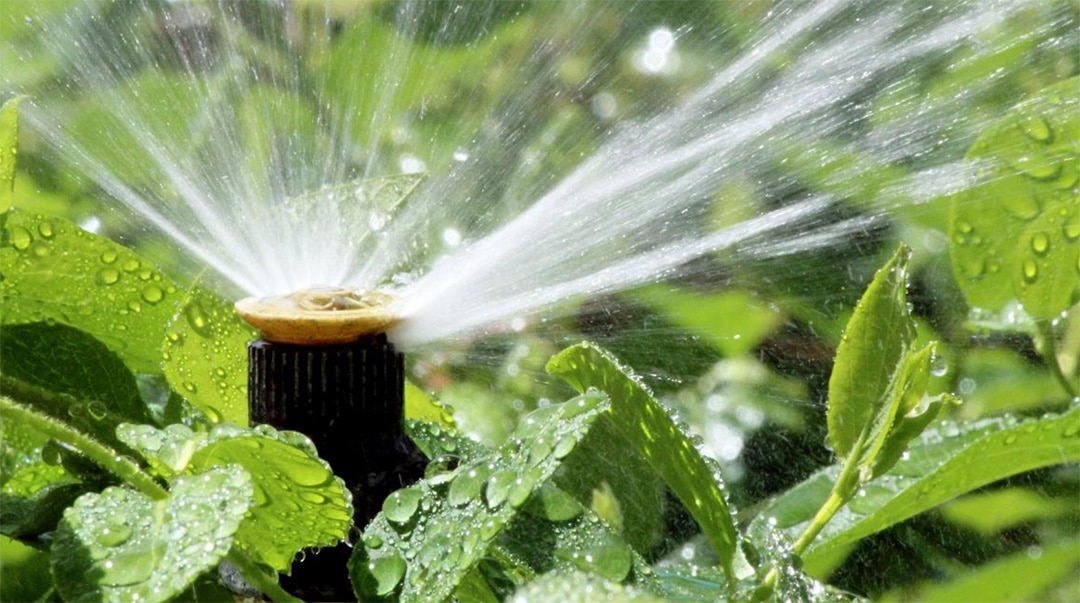Choosing the Best Defoamers for Your Manufacturing Line
Choosing the Best Defoamers for Your Manufacturing Line
Blog Article
The Role of Defoamers in Enhancing Product Quality and Efficiency
In various manufacturing procedures, the visibility of foam can considerably impede product top quality and functional performance. Defoamers work as important ingredients that alleviate this problem, ensuring smoother production process while improving the practical and aesthetic features of the last items (defoamers). Their application covers a plethora of sectors, from food and drink to drugs, where consistency and dependability are vital. The option of the ideal defoamer can be vital to attaining optimal results, increasing important concerns regarding solution compatibility and performance metrics that merit additional expedition.
Comprehending Defoamers
Comprehending the function of defoamers is necessary for keeping item top quality throughout numerous sectors. Defoamers are chemical ingredients made to avoid the formation and minimize of foam in fluid systems, which can detrimentally influence processes such as blending, loading, and surface tension. Foaming can cause inadequacies, product defects, and endangered aesthetic appeal, making defoamers an essential component in producing operations.
In industrial applications, defoamers assist to enhance item consistency and security. The effective usage of defoamers not only makes certain smoother production procedures but additionally contributes to premium product efficiency.
Furthermore, the option and formula of a defoamer should straighten with particular application needs, such as compatibility with other active ingredients, effectiveness under differing temperature and pH problems, and potential regulative restraints. Eventually, recognizing defoamers' functions and their relevance in various formulas is essential for maximizing production and making sure the highest high quality end items.
Sorts Of Defoamers
Defoamers can be classified right into several kinds based upon their structure and device of action. The main types include silicone-based, non-silicone natural, and inorganic defoamers.
Silicone-based defoamers are amongst one of the most efficient, primarily because of their capacity to spread out quickly on the fluid surface area and disrupt foam formation. Their unique chemical framework permits exceptional security, making them suitable for high-temperature applications and atmospheres with varying pH levels.
Non-silicone natural defoamers, commonly made up of fatty acids or all-natural oils, are valued for their biodegradability and lower toxicity. These are normally made use of in food and beverage applications where security and ecological effect are extremely important.
Not natural defoamers, that include materials like talc or calcium carbonate, act by raising the thickness of the fluid, consequently lowering foam security. They are usually made use of in commercial procedures where compatibility with other materials is not a concern.
Each sort of defoamer has distinct benefits and constraints, enabling tailored solutions depending on the specific foaming issues encountered in numerous applications. Recognizing these differences is important for enhancing performance and achieving wanted item high quality.
Applications Across Industries
Numerous sectors utilize defoamers to improve product top quality and functional efficiency. In the food and drink market, defoamers are essential in processes such as developing and dairy products production to avoid foam development, which can result in inefficiencies and item variance. By managing foam, producers can ensure far better yield and an extra uniform product.
In the pharmaceutical sector, defoamers play a vital function in the solution of liquid medications, where extreme foam can impede blending and accurate dosing. Their usage assists maintain the stability of the solutions and promotes smoother production procedures.
The paint and coverings sector likewise depends on defoamers to improve the efficiency of products during application. By decreasing foam, these additives make certain a smoother finish and enhance the visual top qualities of the final product.

Advantages of Utilizing Defoamers
While the important site application of defoamers differs across markets, their benefits regularly improve product quality and process performance. One substantial benefit is the decrease of foam formation during manufacturing processes, which can or else lead to manufacturing hold-ups and incongruities in product quality. By reducing foam, defoamers enable a smoother circulation of products, facilitating extra effective operations and decreasing the probability of devices malfunctions.
In addition, making use of defoamers can enhance the appearance and appearance of end products. In sectors such as coatings, paints, and food processing, extreme foam can endanger the aesthetic looks and overall top quality, while the proper defoamer application guarantees a consistent surface and desirable features. Defoamers can add to set you back savings by lowering waste during manufacturing and maximizing the use of raw materials.

Choosing the Right Defoamer
Choosing the ideal defoamer is critical for maximizing manufacturing procedures and ensuring product quality. The choice of defoamer influences not just the performance of foam control yet additionally the total efficiency attributes of the final product. Factors to consider consist of the sort of application, the chemistry of the formula, and the environmental conditions under which the product will certainly be made use view publisher site of.
Various markets may require specific defoamer kinds, such as silicone-based, organic, or polymeric defoamers. Comprehending the compatibility of the defoamer with the primary ingredients is necessary to avoid damaging responses that could endanger item integrity. In addition, the defoamer's performance in different temperatures and pH degrees need to be examined to guarantee consistent efficiency.
Testing the defoamer in small applications can offer valuable understandings into its efficiency and viability. Consideration of governing compliance, specifically in food, pharmaceuticals, and cosmetics, is extremely important in selecting a defoamer. Ultimately, a thorough analysis of these aspects will bring about the selection of a defoamer that not just controls foam properly however additionally enhances the top quality and performance of the end product.
Conclusion

In final thought, defoamers are necessary additives that considerably improve item top quality and efficiency across various sectors. The calculated choice and application of defoamers lead to cost financial savings, enhanced resource usage, and raised client fulfillment.
Lathering can lead to inefficiencies, item issues, and endangered visual charm, making defoamers a crucial component in making operations.

Report this page